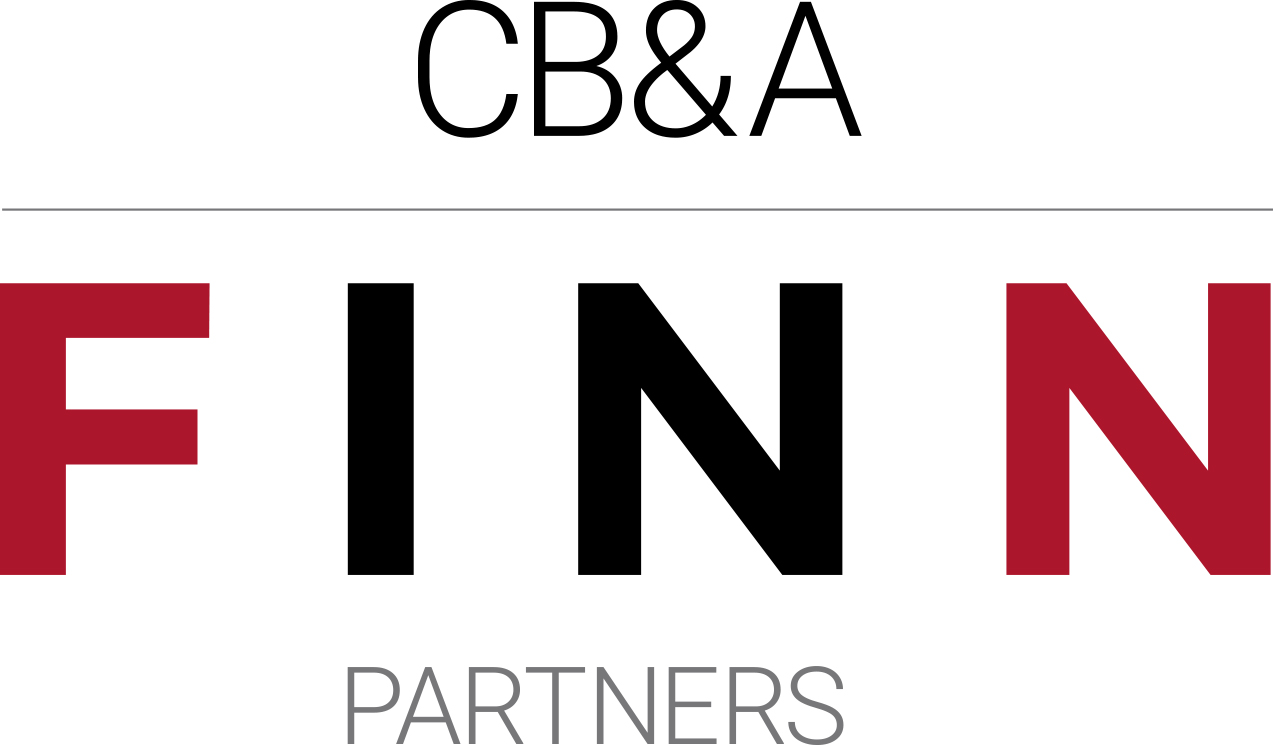
“Your reputation is no joke, it’s your superpower.”
With those words from the title of a Forbes article, John Doorley owned the room at the PRSA International conference (#PRSAIcon) in Orlando last month.
Doorley is co-author of “Reputation Management: The Key to Successful Public Relations and Corporate Communication,” and assistant clinical professor and chair of the New York University Master of Science Degree Program in Public Relations and Corporate Communication. Previously, he headed corporate communications at Merck, and was the lead speechwriter for the chief executive officer of Hoffmann LaRoche Inc. Recently, he worked with the leaders of corporate communication at Johnson & Johnson to create and teach in the Academy for Communication Excellence and Leadership (ACCEL).
Doorley encouraged attendees to ask what their organization stands for, which is your intrinsic identity. He said research shows an organization can have several identities, but you can have just one central identity, which is your core value.
He shared a formula for calculating and monitoring reputation:
Reputation = Behavior + Communications X Authenticity
with authenticity being the degree to which your organization lives up to its intrinsic value.
Other notable comments from Doorley’s presentation:
- Actions that put you at risk are those that will inevitably lower your reputation.
- Most companies do an inadequate job of managing their reputation, according to Harvard Business.
- It’s OK to talk about problems, protecting your reputation’s value is important as reputation has a solid value.
- Reputation management requires a long-term strategy for measuring, monitoring and managing an organization’s reputation as an asset.
- A good starting point is to look at the key stakeholder groups for your company, and what’s important to them.
Brand management utilizes many of the same principles as reputation management, Doorley said, which led to some lively audience discussion:
- Brand is what you want people to think, while reputation is what they actually think.
- Brand management is looking out, and reputation management is about the process of looking in.
Doorley’s presentation was very good, and his wry sense of humor earned him many new fans, me included. To whit, Doorley’s final comment as he wrapped his presentation was to share that his copy of “Reputation Management” was lifted from his NYU tabletop in the PRSA exhibit hall.
Recommended

Reputation 360
The 3rd edition of Doorley’s book is already in the works. Meanwhile the 2nd edition is available online via BN.com and is highly recommended.
For executives interested in learning more about personal reputation management, I’d suggest “Reputation 360: Creating power through personal branding,” by Lida Citroen, which can be ordered here. A quick read with loads of great tips.
Does your organization have a reputation management plan?
